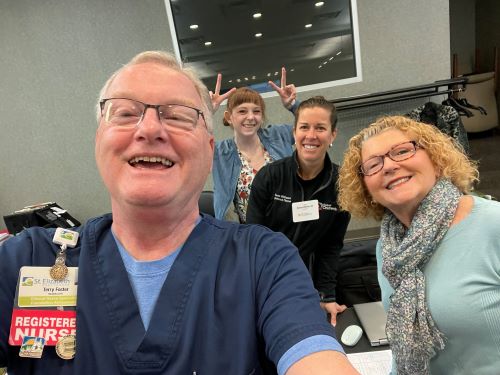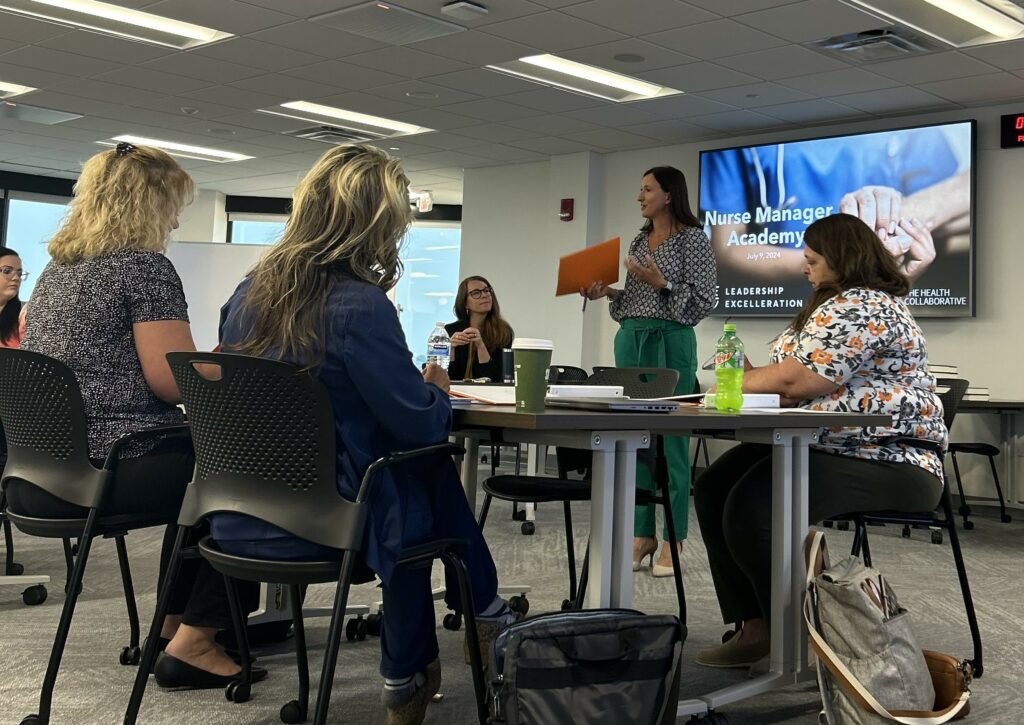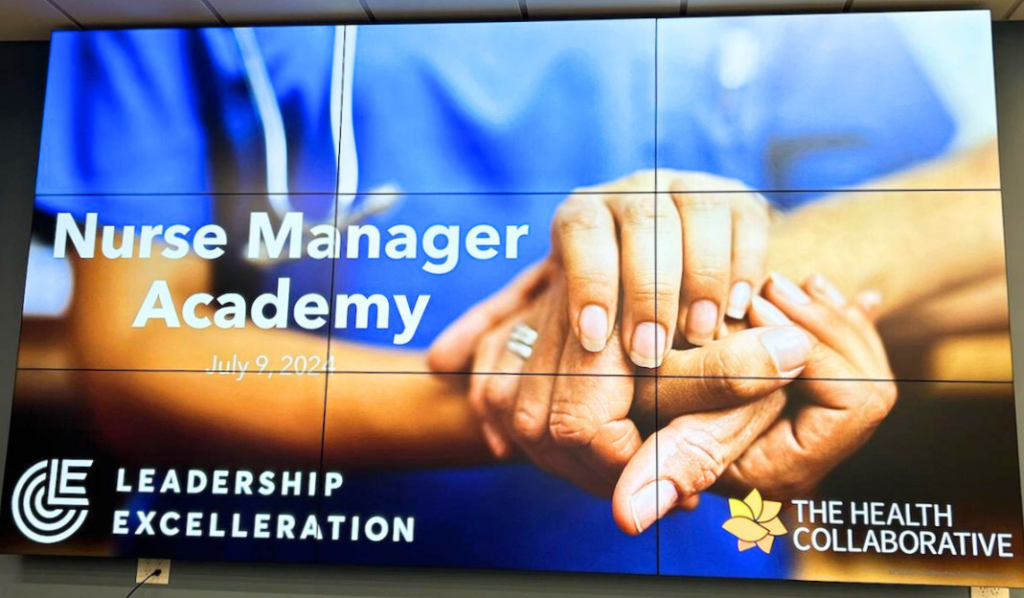In the dynamic and challenging world of emergency healthcare, continuous learning and standardized training are imperative. Managed by Lauren Phipps, Specialist, Clinical Education at The Health Collaborative (THC), THC’s Trauma Education Program ensures emergency room staff across partner hospitals have the latest knowledge and skills to provide expert care for trauma patients.
The Trauma Education Program caters to the diverse needs of emergency department providers, offering three courses:
- TNCC (Trauma Nursing Core Course): Developed by the Emergency Nurses Association, TNCC is RN-specific trauma education. The course aims to standardize trauma nursing knowledge on a national and international level. RNs undertaking the TNCC Provider course gain cognitive knowledge and psychomotor skills, empowering them to assess trauma patients systematically. The curriculum covers anatomy, physiology, and pathophysiology, integrating triage categorization and injury prevention strategies.
- ENPC (Emergency Nursing Pediatric Course): Also crafted by the Emergency Nurses Association, ENPC establishes a standardized body of pediatric emergency nursing knowledge. This course equips healthcare providers with core-level pediatric knowledge and psychomotor skills necessary for emergency settings. The systematic assessment model, integration of anatomy and physiology, and focus on appropriate interventions are vital components. The course incorporates diverse learning formats, including online modules, lectures, videos, group discussions, and hands-on skill stations.
- TLS (Advanced Trauma Life Support): Recognized as the standard of care by the American College of Surgeons, ATLS is designed for a broader range of emergency department providers, including doctors, surgeons, APPs, and residents in trauma-related subspecialties. The course utilizes a systematic methodology for the assessment and initial stabilization of multiple-injured trauma patients. Covering various trauma aspects, from thoracic trauma to pediatric, geriatric, and obstetric patients, ATLS ensures healthcare professionals are well-prepared for any trauma scenario.
The Trauma Education Program is a requirement set by the American College of Surgeons (ACS). Hospitals must ensure that trauma-related education for nurses involved in trauma care is a priority. During verification processes, hospitals with a threshold below 30% in trauma patient care areas may face scrutiny. With several hospital systems scheduled for verification visits in 2024, including Cincinnati Children’s, UC Health, and UC West Chester, these courses play a pivotal role in meeting ACS standards.
Shares Lauren, “The classes serve as a direct conduit for The Health Collaborative to impact patient care significantly. As someone with a background in public health, it holds great significance for me, recognizing that the classes I facilitate empower healthcare professionals in our region with the essential knowledge to save lives. I take pride in knowing that my efforts have a cascading effect, ultimately enhancing emergency services and benefiting the entire community.”
In the emergency healthcare landscape, where every second counts, the Trauma Education Program is a beacon of knowledge, a source of empowerment, and a catalyst for elevating trauma care standards. By empowering healthcare heroes with standardized trauma education, the program prepares emergency room staff to face the challenges of trauma care head-on. The region’s need for skilled and knowledgeable healthcare professionals has never been higher, and the Trauma Education Program is meeting this demand. Through this program, THC continues to shape the future of our healthcare workforce—one well-trained healthcare professional at a time.






